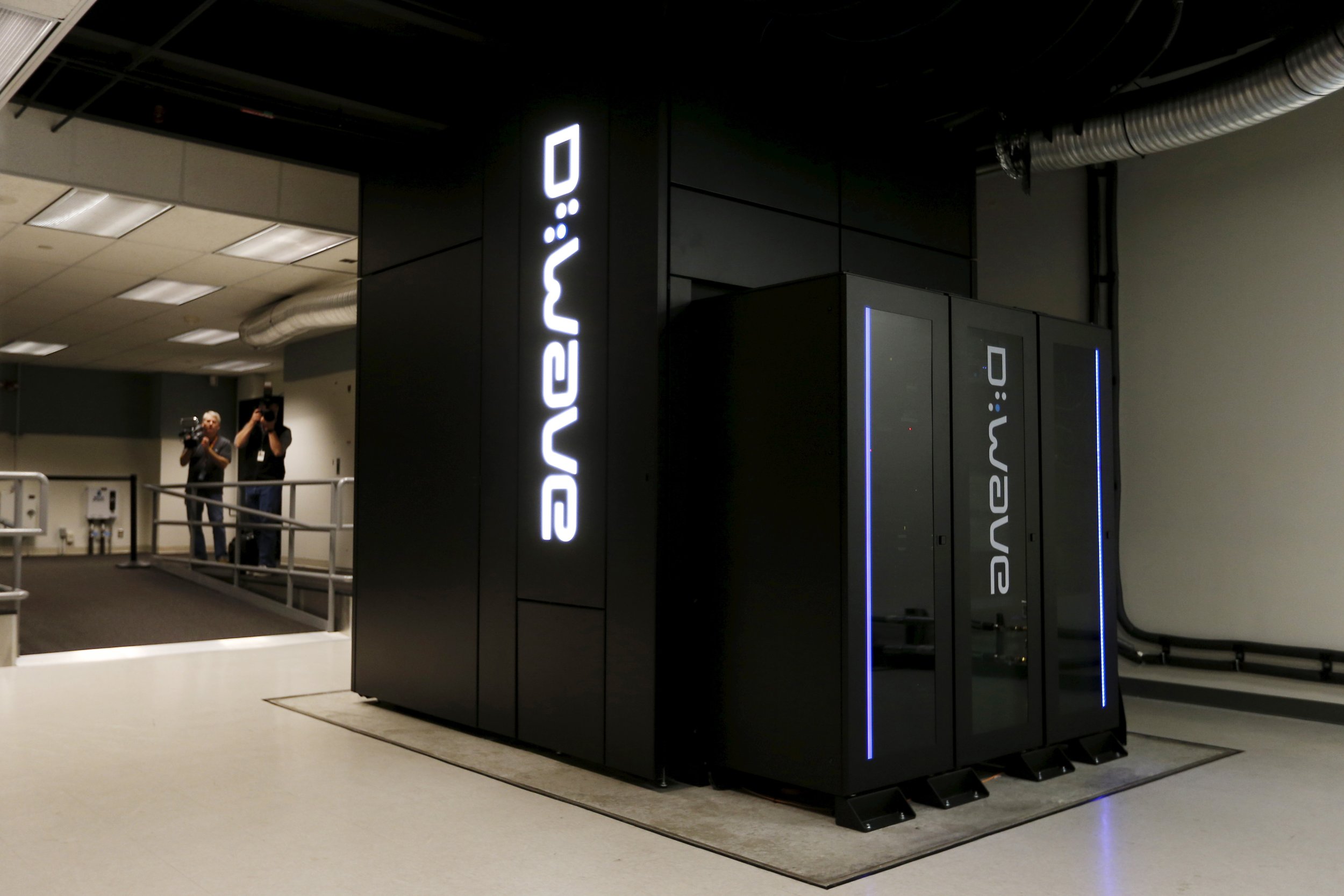Quantum Computing: Bridging the Gap Between Theory and Practical Applications
 Senuli wanniarachchi
Senuli wanniarachchi
In the realm of computing, quantum mechanics represents a frontier that promises revolutionary advancements beyond the capabilities of classical computers. Quantum computing harnesses the principles of quantum mechanics to manipulate information in ways that classical computers cannot, offering unprecedented computational power for solving complex problems.
Understanding Quantum Computing

Quantum computing operates on qubits, which unlike classical bits, can exist in multiple states simultaneously due to the phenomena of superposition and entanglement. This fundamental difference enables quantum computers to process vast amounts of data and perform calculations exponentially faster than their classical counterparts.
The Current Landscape
While quantum computing is still in its infancy, significant strides have been made in recent years. Leading tech companies and research institutions are actively developing quantum hardware and algorithms, pushing the boundaries of what is possible. Quantum processors with increasing qubit counts are being prototyped, paving the way for practical applications in the near future.
Practical Applications Across Industries
1. Cryptography and Security
Quantum computers have the potential to break traditional encryption methods currently used to secure sensitive data. This has spurred research into quantum-resistant cryptography to safeguard digital communications and transactions in the quantum era.
2. Drug Discovery and Materials Science

Quantum computing can simulate molecular structures and interactions with unprecedented accuracy, accelerating the discovery of new drugs and materials. This could revolutionize healthcare and manufacturing industries by enabling personalized medicine and advanced materials design.
3. Optimization and Machine Learning
Quantum algorithms excel at solving optimization problems, such as route planning and resource allocation. They also promise enhancements in machine learning tasks, offering new approaches for pattern recognition and data analysis.
Challenges and Considerations
Despite its promise, quantum computing faces several challenges. Quantum systems are highly susceptible to errors due to decoherence and noise, necessitating error correction methods and robust qubit control techniques. Moreover, scaling quantum computers to handle practical applications remains a formidable task, requiring advancements in hardware, software, and infrastructure.
The Road Ahead
Looking forward, the future of quantum computing hinges on overcoming these challenges and realizing its full potential. Collaborative efforts across academia, industry, and government are essential to accelerate progress and bring quantum technologies into mainstream use. As quantum hardware continues to evolve, so too will the opportunities to address some of humanity’s most pressing challenges.
Conclusion
Quantum computing represents a paradigm shift in computational capabilities, promising to bridge the gap between theoretical concepts and practical applications. While still in its nascent stages, the potential impact of quantum computing across industries is undeniable. As researchers and developers continue to innovate, the journey towards unlocking the full power of quantum computing will undoubtedly shape the technological landscape of the future.

Senuli Wanniarachchi...........
Subscribe to my newsletter
Read articles from Senuli wanniarachchi directly inside your inbox. Subscribe to the newsletter, and don't miss out.
Written by

Senuli wanniarachchi
Senuli wanniarachchi
Software Engineering Undergraduate at University of Westminster.